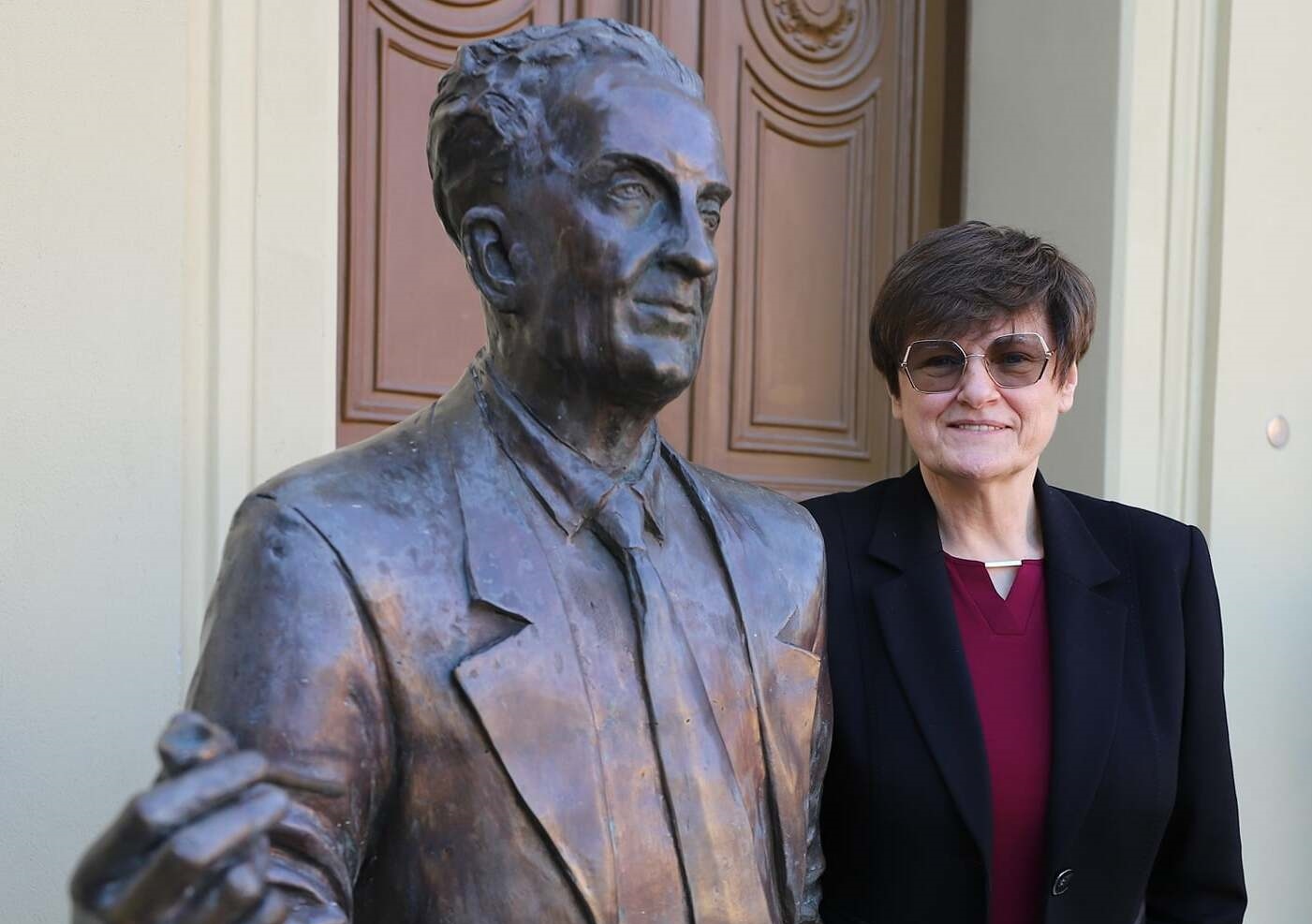
Minister Hankó highlighted that Karikó's pioneering research enabled the development of life-saving mRNA vaccines.Continue reading
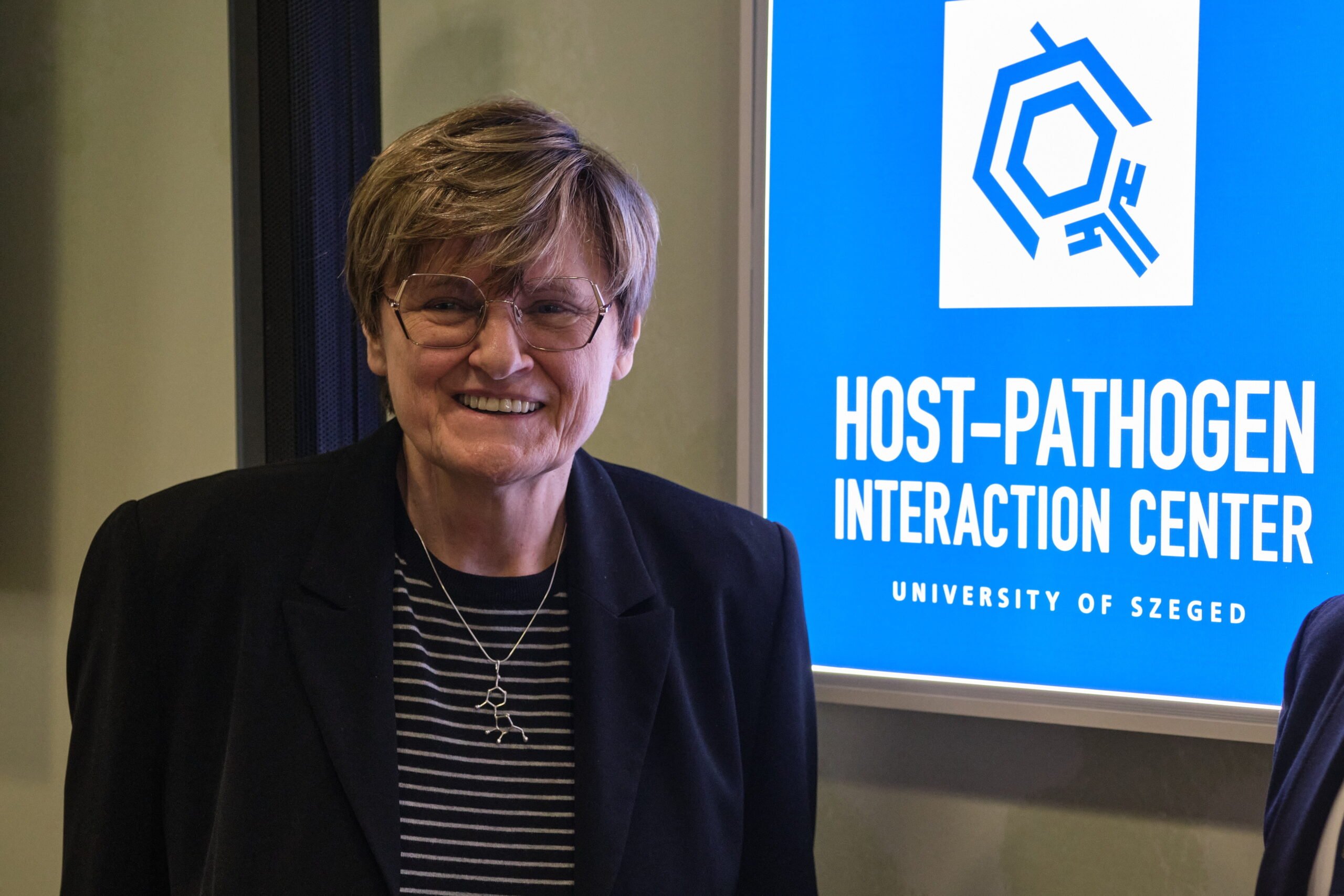
A new center for the development of antimicrobial and antifungal therapies was opened on Monday at the University of Szeged (SZTE) with the financial and professional support of Nobel Prize-winning biochemist Katalin Karikó.
Katalin Karikó recalled at the inauguration ceremony of the Host-Pathogen Interaction Center that she has won several scientific awards that have been supported by research grants. The Jeantet-Collen Prize was worth 150,000 Swiss francs, the Novo Nordisk Prize 100,000 euros, and the Tang Prize 82,000 dollars.
These funds, amounting to 334,000 euros, were used to establish the center,
said the SZTE professor.

Photo: MTI/Oláh Tamás
SZTE Rector László Rovó stressed that biochemistry and biomedical education and research have a long tradition in Szeged. The school, founded by Nobel Prize winner Albert Szent-Györgyi, has been flourishing for almost a century and is increasingly recognized in the European and global scientific arena.
Thanks to Karikó’s generous donation and her extensive professional network, the SZTE is able to participate in collaborations far beyond its previous possibilities,”
said the professor of medicine, citing as an example a research project led by the SZTE and a collaboration between the University of Pennsylvania and King’s College London.
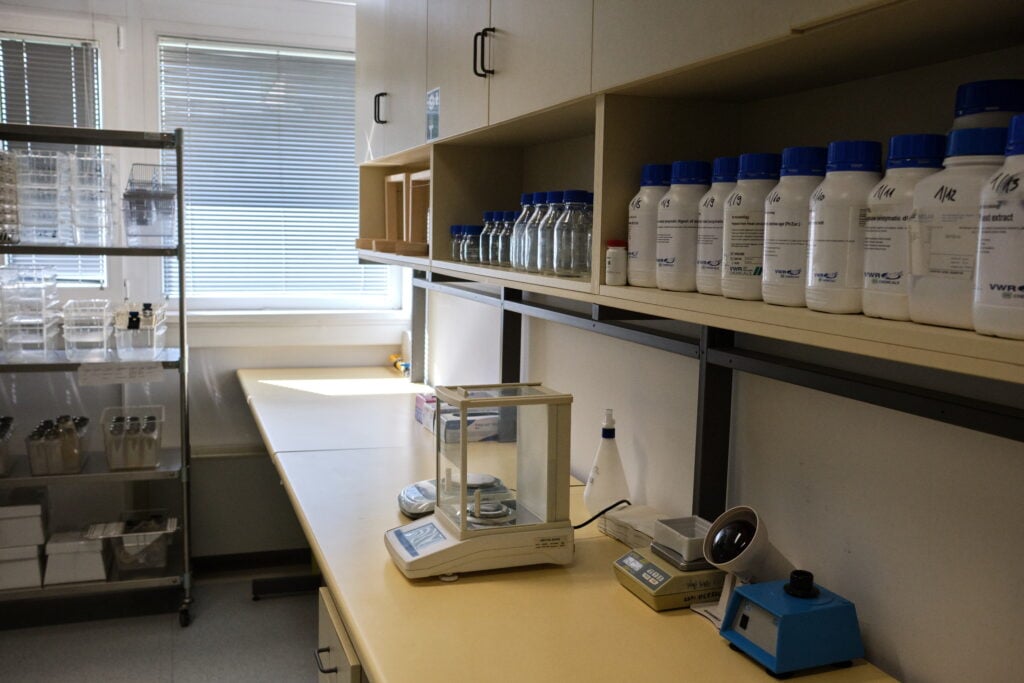
Photo: MTI/Oláh Tamás
The infrastructure of the new center will be unparalleled even at the regional level and will support research in new fields at the university,
he said.
Judit Fendler, Chancellor of SZTE, said that the financial support provided by Karikó for the establishment of the center is important for the university, but the support for the teaching and research work at the university is much more important. “Diseases – especially pandemics – know no borders. The only way to respond effectively to the global challenges is to think and research internationally,” explained the Chancellor. She added that the international role of the University of Szeged in this field is supported by a continuously developing network of cooperation, and now also by the newly completed center and its laboratories.
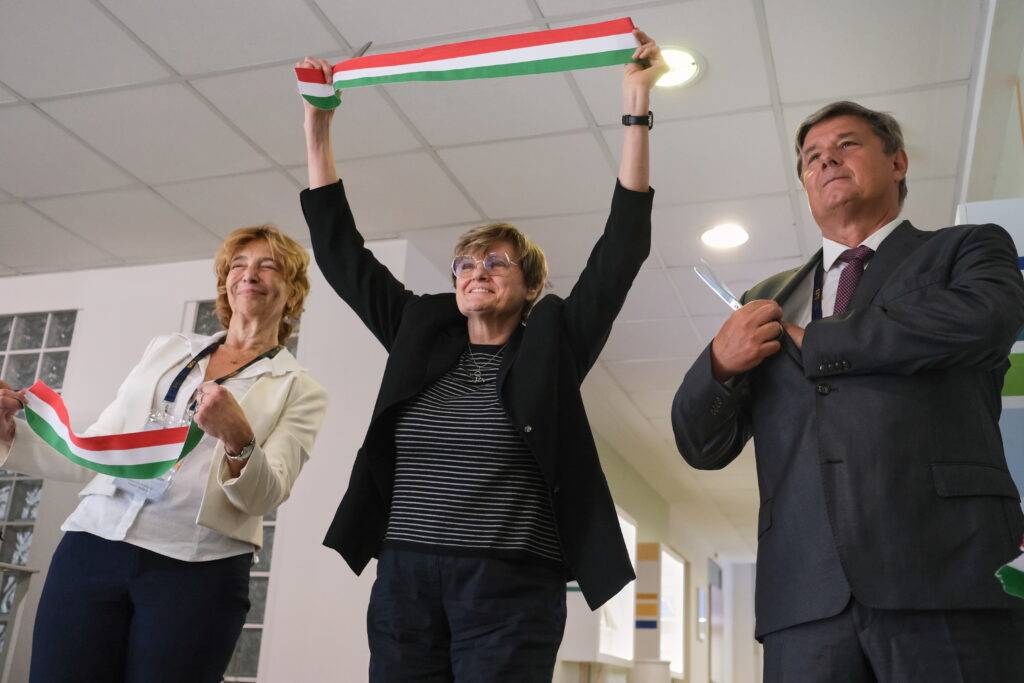
L-R: SZTE Chancellor Judit Feldner, Nobel Prize winner biochemist Katalin Karikó, and Rector László Róvó at the research center’s inauguration. Photo: MTI/Oláh Tamás
“Biomedical sciences is one of SZTE’s areas of excellence. This is why the university is systematically developing the infrastructure and instrumentation needed to support biomedical research. In this respect, the establishment of the center represents a major milestone in the research and innovation ecosystem of the university and the wider region.
In the long term, this facility could play a leading role in the global research and development of antifungal and antimicrobial therapies,”
emphasized Fendler.
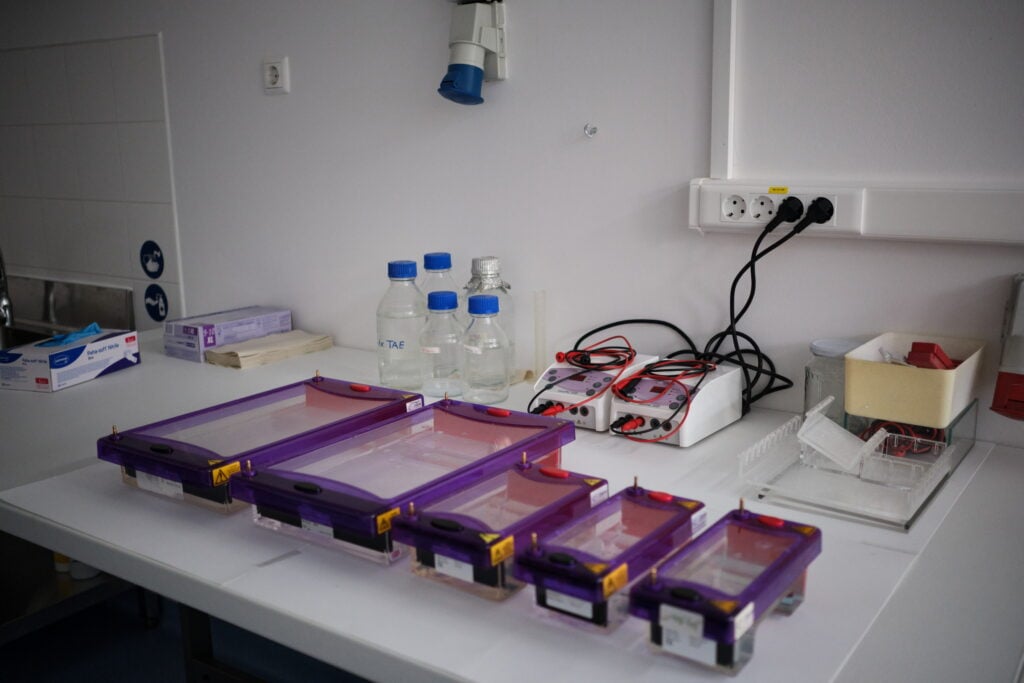
Photo: MTI/Oláh Tamás
According to a press release presenting the center, it is estimated that over one billion people worldwide suffer from fungal infections and more than 1.5 million deaths occur each year as a result of these infections.
The in vivo experimental station and five renovated laboratories, unique in the country, located at the Institute of Biology of the University of Szeged, aim to bring the development of antimicrobial, and in particular antifungal, therapies to a new level. The main goal is to bring together research and innovation initiatives in the field, enabling faster and more effective testing of new treatment options and the practical application of the results.
Via MTI, Featured image: MTI/Oláh Tamás